Suicide attack kills six at Pakistani fort near Afghan border
Police say a suicide bomber rammed an explosives-laden vehicle into Khaddi Fort before militants attacked
Kamran Ali
Correspondent Nukta
Kamran Ali, a seasoned journalist from Khyber Pakhtunkhwa, Pakistan, has a decade of experience covering terrorism, human rights, politics, economy, climate change, culture, and sports. With an MS in Media Studies, he has worked across print, radio, TV, and digital media, producing investigative reports and co-hosting shows that highlight critical issues.
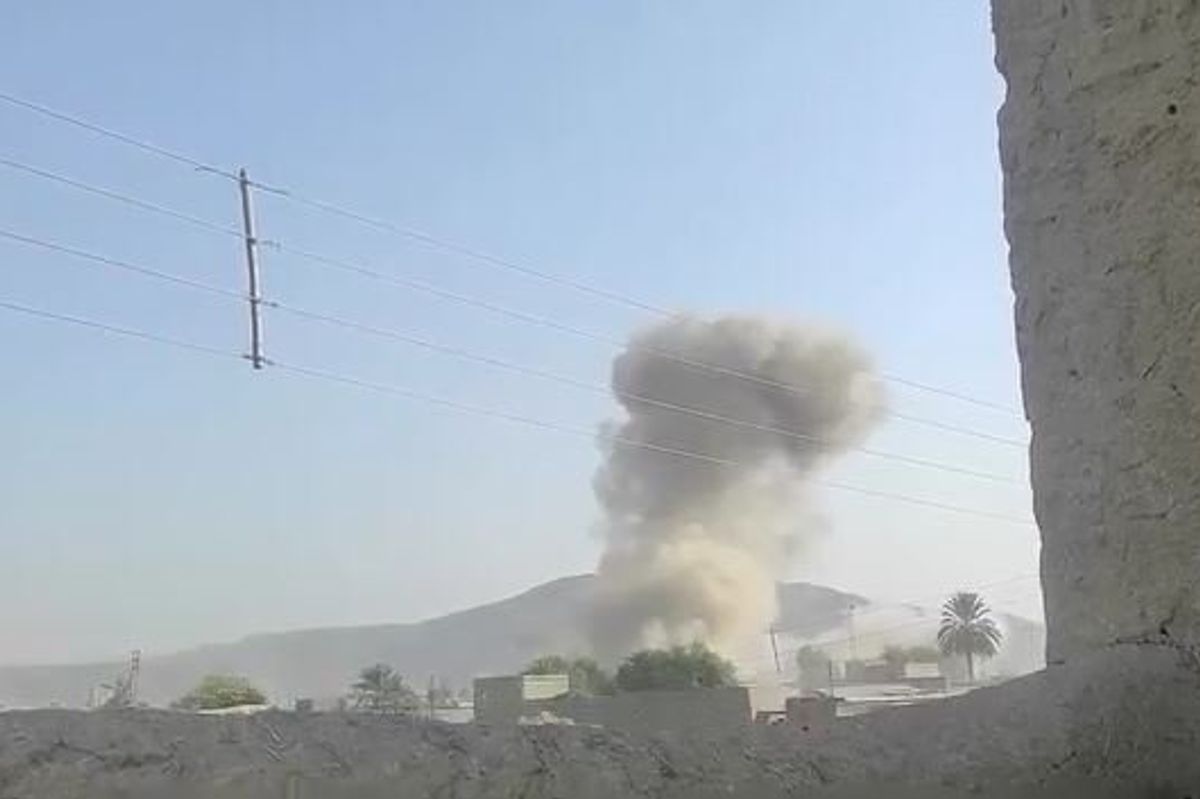
Security sources said six people — five security personnel and one civilian — were killed, while 13 others sustained injuries.
Screengrab
At least six people were killed and 13 others injured after a suicide bombing followed by an armed assault on a security forces fort in Pakistan’s North Waziristan district, police confirmed to Nukta on Friday.
The attack occurred amid a fragile ceasefire between Islamabad and Kabul that temporarily halted days of cross-border fighting earlier this month.
Police officer Jehanzaid Zarar told Nukta that a suicide bomber rammed an explosives-laden vehicle into Khaddi Fort in Mirali tehsil, North Waziristan. “Following the explosion, several militants attempted to storm the fort,” he said.
Security sources said six people — five security personnel and one civilian — were killed, while 13 others sustained injuries. Four militants were shot dead in the ensuing gun battle.
Authorities identified the deceased as Bilal, Najeeb, Azeer, Ali Rehman, Hussain, and a civilian named Kareem. The area has been cordoned off, and a clearance operation is underway, according to officials.
The militant group Jayesh Fursan Muhammad, reportedly affiliated with the Hafiz Gul Bahadar faction, claimed responsibility for the attack. The same group previously said it carried out a March assault on a military compound in the nearby Bannu district, where 16 militants stormed the facility, killing at least 18 people and wounding dozens before being neutralized by security forces.
Security officials said Jayesh Fursan Muhammad is believed to have ties with the banned Tehreek-e-Taliban Pakistan (TTP). They added that such groups often adopt new names to disguise TTP’s direct involvement in attacks.
Militant violence has been a persistent source of friction between Pakistan and Afghanistan. Islamabad accuses the Afghan Taliban of harboring TTP fighters who carry out cross-border attacks from sanctuaries inside Afghanistan — a charge Kabul denies.
The latest escalation between the two neighbors began when Pakistan demanded that the Taliban government act against militants staging attacks on its soil. In response to mounting assaults, Pakistan carried out airstrikes inside Afghanistan and engaged in intense ground combat along the frontier before both sides agreed to a 48-hour ceasefire.
That truce, mediated by Saudi Arabia and Qatar, is due to expire at 1300 GMT on Friday.
Pakistani Prime Minister Shehbaz Sharif said Thursday that Pakistan “retaliated” only after losing patience with Afghanistan’s inaction on cross-border attacks but added that Islamabad remains open to talks.
Although the two Islamic nations have had periodic clashes, the recent fighting marks their most serious confrontation in decades, raising regional alarm and drawing diplomatic attention from Riyadh, Doha, and Washington.
U.S. President Donald Trump said earlier this week that he was willing to help mediate between Pakistan and Afghanistan to prevent further escalation.
— With additional input from Reuters.


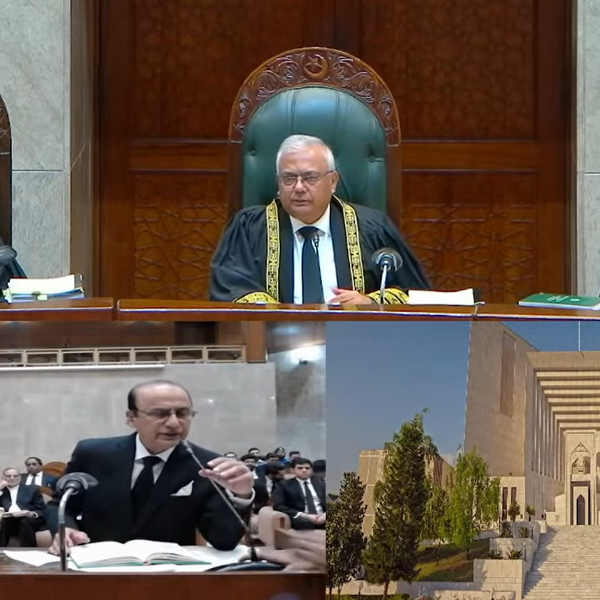
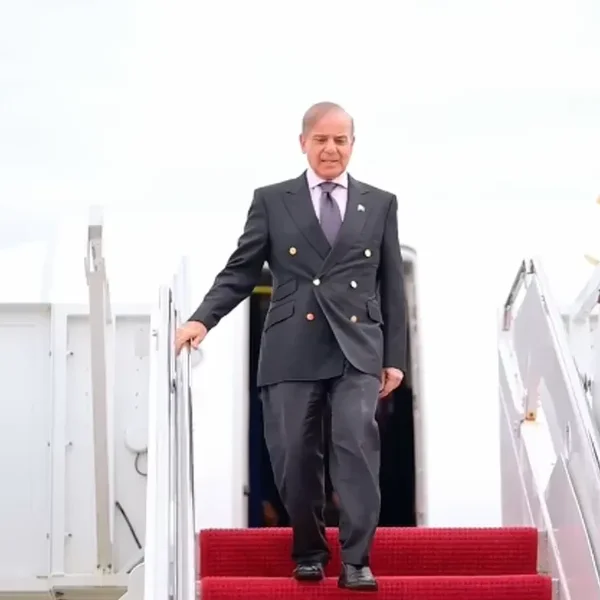
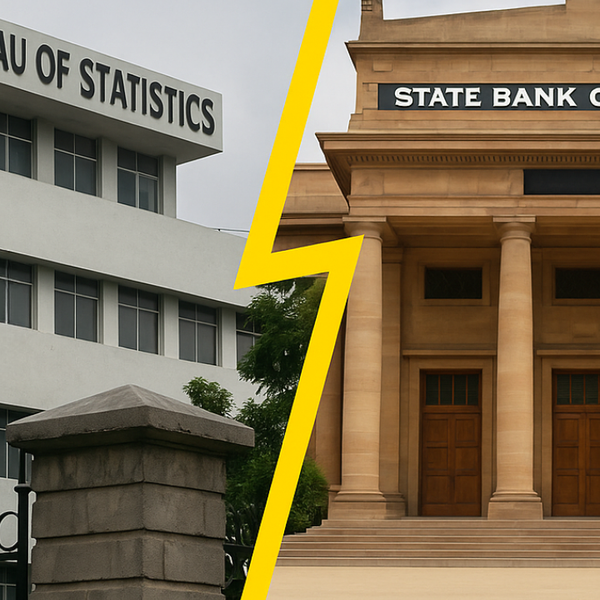
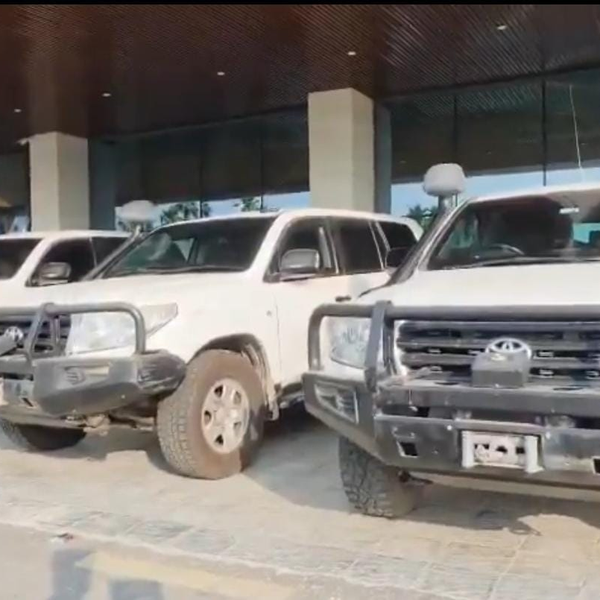




Comments
See what people are discussing